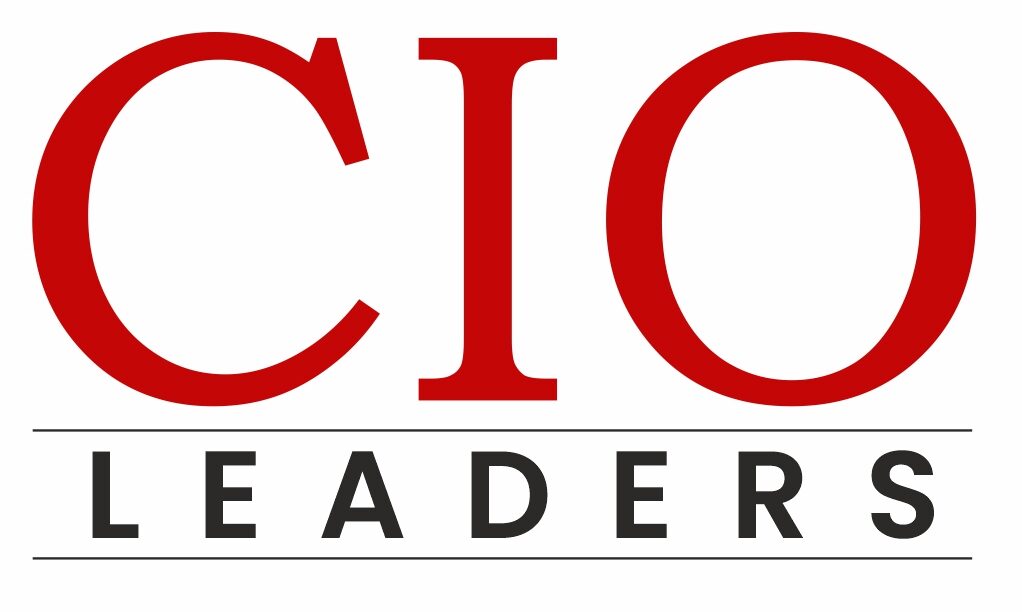In today’s rapidly changing business landscape, effective leadership requires more than just giving orders and delegating tasks. It demands a novel approach that focuses on empowering and developing others. One powerful leadership style that has gained popularity in recent years is that of a coach.
A leader who adopts the role of a coach understands the value of fostering individual growth, unlocking potential, and creating a high-performance culture within the organization. This article explores the concept of the leader as a coach and highlights the key benefits and strategies involved in empowering and developing others.
The Shift from Traditional Leadership to Coaching:
Traditional leadership models often revolve around hierarchical structures and a top-down approach, where leaders primarily direct and control their subordinates. However, the modern business environment calls for a more collaborative and inclusive leadership style. Coaching as a leadership philosophy promotes active listening, empathy, and collaboration, enabling leaders to bring out the best in their team members.
Empowering Through Active Listening and Effective Communication:
One of the fundamental aspects of coaching leadership is active listening. A leader as a coach actively listens to their team members, creating an open and supportive environment for communication. This allows leaders to understand individual strengths, weaknesses, aspirations, and concerns, and helps them tailor their coaching approach accordingly. By actively involving team members in decision-making processes and encouraging open dialogue, leaders empower their teams and foster a sense of ownership and accountability.
Developing Others through Feedback and Goal Setting:
Coaching leaders recognize the importance of continuous learning and development. They provide constructive feedback, not only highlighting areas of improvement but also acknowledging achievements and strengths. Regular feedback sessions and performance discussions become opportunities for growth and development. Additionally, leaders as coaches collaborate with their team members to set challenging yet achievable goals that align with individual aspirations and organizational objectives. By aligning personal and professional growth, leaders create a motivating environment that encourages individual progress.
Building Trust and Psychological Safety:
Establishing an environment of trust and emotional safety is crucial for coaching leaders. Team members need to feel comfortable taking risks, sharing ideas, and seeking guidance without fear of judgment or retribution. Coaching leaders cultivate trust by demonstrating authenticity, vulnerability, and a genuine interest in their team members’ well-being. This fosters a culture of trust, open communication, and collaboration, leading to increased innovation and productivity.
Cultivating a Culture of Continuous Learning:
Leaders who embrace the coaching mindset understand that learning is a lifelong journey. They encourage a growth mindset within their teams, emphasizing the value of learning from mistakes and seeking new knowledge and skills. By promoting a culture of continuous learning, leaders empower their team members to shoulder ownership of their professional development, leading to enhanced performance and adaptability in an ever-evolving business landscape.
Recognizing and Celebrating Achievements:
Coaching leaders understand the importance of recognition and appreciation. They actively acknowledge and celebrate the achievements and milestones of their team members. This recognition can take various forms, such as public appreciation, rewards, or career advancement opportunities. By recognizing and valuing the contributions of their team, leaders create a positive and motivating work environment.
Adaptability and Flexibility:
Effective coaching leaders understand that different individuals require different coaching approaches. They adapt their style and techniques to meet the specific needs and preferences of each team member. This flexibility allows leaders to tailor their coaching strategies, ensuring that they resonate with individuals and facilitate their growth and development effectively.
Leading by Example:
Leaders who embrace coaching as a leadership style lead by example. They embody the qualities and behaviours they expect from their team members. This includes demonstrating a strong work ethic, fostering collaboration, embracing feedback, and actively seeking personal growth. By modeling the desired behaviours, coaching leaders inspire their teams and create a culture of continuous improvement.
Measuring and Evaluating Progress:
Coaching leaders establish clear performance metrics and evaluation systems to track the progress of their team members. They provide regular feedback on performance, identifying areas of improvement and recognizing achievements. This data-driven approach helps individuals understand their development journey and motivates them to strive for excellence.
Continuous Coaching Development:
Leaders who aspire to be effective coaches recognize the importance of their own development. They seek opportunities to enhance their coaching skills through training, workshops, and mentorship. By continuously improving their coaching abilities, leaders can better support their team members and drive long-term success.

